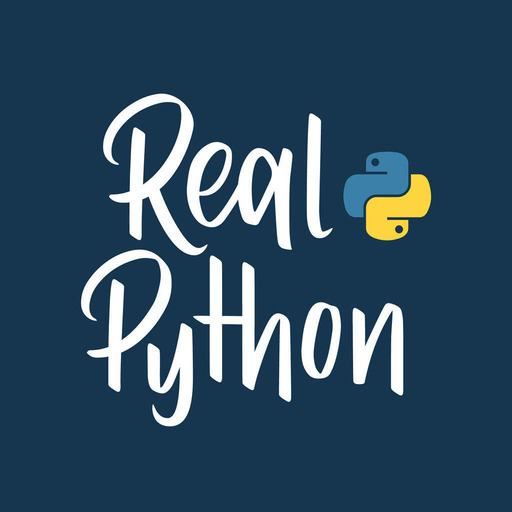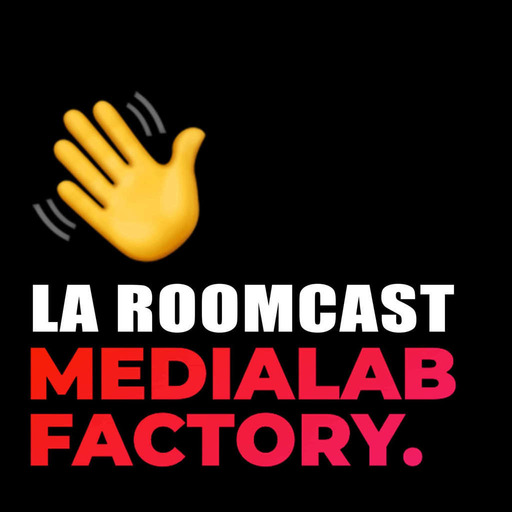Have you been using Python for a while, but want to be more effective with your code? This week we have Brett Slatkin on the show. We talk about the 2nd edition of his book Effective Python.
Brett talks about the revisions he made for the book, and updating it for the newest versions of Python 3. He answers questions about who is the intended developer for the book.
Brett also discusses working on Google App Engine, and what it’s like to develop and maintain Python applications at Google Scale. Brett mentions a brief anecdote about working with Guido van Rossum, while they both worked at Google. He also provides advice about maintaining a large and aging Python code base.
Topics:
- 00:00:00 – Introduction
- 00:01:13 – Brett Slatkin - Programming background
- 00:02:00 – Python background and start at Google
- 00:03:22 – Working on Google infrastructure
- 00:05:36 – Is Python a good tool for infrastructure?
- 00:07:28 – PubSubHubbub
- 00:09:06 – Lobste.rs
- 00:10:03 – Starting to write Effective Python
- 00:11:12 – Who is the intended developer for the book?
- 00:12:45 – About the Effective series book structure
- 00:14:39 – What were the sections you were excited to rewrite?
- 00:18:41 – Moving away from Metaclasses in modern Python
- 00:20:43 – Python 3.8 in the book
- 00:21:03 – Using the walrus operator to build a switch/case statement
- 00:23:22 – Why did you feel Python made you a more productive developer?
- 00:28:02 – Working with Guido van Rossum
- 00:31:15 – What’s it like to work on the same code base for years?
- 00:33:35 – What is code rot?
- 00:35:10 – What would you put in a book about refactoring?
- 00:37:06 – What’s something you thought you knew about Python, but were wrong?
- 00:38:42 – What are you excited about in the world of Python?
- 00:40:24 – Do you listen to music when you code?
- 00:42:00 – End Credits
Show links:
- Brett’s Blog - One Big Fluke
- Real Python Community Interview with Brett Slatkin
- PubSubHubbub - An open, simple, web-scale and decentralized pubsub protocol
- Google App Engine
- Alex Martelli - Wikipedia
- Python in a Nutshell by Alex Martelli
- Effective Python - 2nd Edition
- “The Best Python Books” - RP Review of “Effective Python”
- What is the appeal of dynamically-typed languages?
- Python Type Checking - Real Python Article
- Item 10: Prevent Repetition with Assignment Expressions
- Lobste.rs - Computing-focused community
- Scott Myers - Effective Effective Books - Blog Post
- Bret Victor - “The Future of Programming”
- Bret Victor - References for “The Future of Programming”
- PyCon 2016: “Refactoring Python: Why and how to restructure your code”
What are you excited about in the world of Python?
Brett’s Pick:
Level up your Python skills with our expert-led courses:


 Emissions
Emissions







